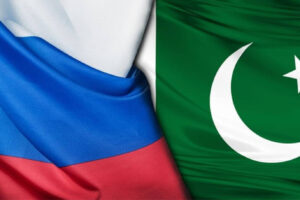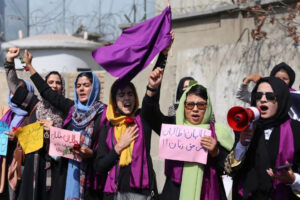Emergency teams in Afghanistan are racing to rescue people from the rubble left by a powerful earthquake that struck the west of the country.
More than 1,000 people are feared dead after the 6.3-magnitude quake hit villages in Herat Province on Saturday.
With communications down and many roads blocked, rescue workers are struggling to reach remote areas.
Hundreds have also been injured. The UN and other organisations have begun to rush in emergency supplies.
The earthquake struck about 40km (25 miles) north-west of the city of Herat at around 11:00 local time (06:30 GMT) on Saturday.
The worst-affected communities consist of mud structures. “In the very first shake all the houses collapsed,” Herat resident Bashir Ahmad, whose family lives in one of the villages, told AFP news agency.
“Those who were inside the houses were buried,” he added. “There are families we have heard no news from.”
The World Health Organization (WHO) said at least 465 houses had been flattened.

Villagers have used shovels and their hands to pull survivors from the rubble. With their homes destroyed, many residents are preparing to sleep in the open for a second night.
The exact death toll is still being established. The UN’s humanitarian affairs office in Afghanistan says more than 1,000 people have been killed, and about 500 are still missing.
Earlier on Sunday, the Taliban government said 2,000 people had either been killed or wounded.
In a country with sorely inadequate medical facilities, hospitals are struggling to care for the injured.
“For the treatment of the victims of the incident we are doing our best,” disaster management ministry spokesman Mullah Janan Sayeq told reporters in Kabul.
“On-site search operations in the affected area are ongoing,” he said.
Herat is located 120km (75 miles) east of the Iranian border and is considered to be the cultural capital of Afghanistan. An estimated 1.9 million people are believed to be living in the province.
Afghanistan is frequently hit by earthquakes – especially in the Hindu Kush mountain range as it lies near the junction of the Eurasian and Indian tectonic plates.
In June last year, the province of Paktika was hit by a 5.9 magnitude quake which killed more than 1,000 people and left tens of thousands homeless.
Source : BBC









